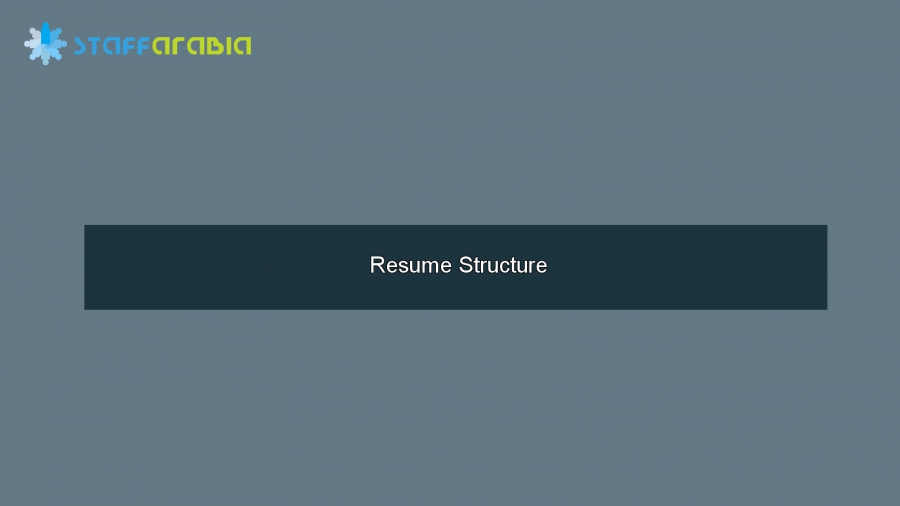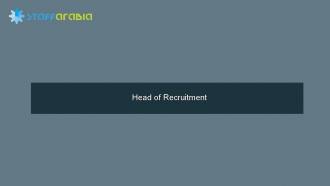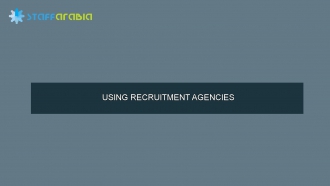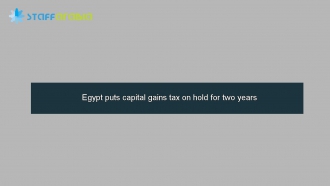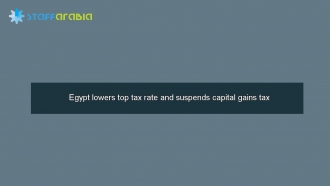Deciding on your Resume Structure
You now need to decide on the specific structure that would be suitable for your resume. There are 3 different types of structured resumes for you to choose from.
Chronological
Functional
Combined or mixed

Chronological Resume
This is the most frequently used format. Use it when your work history is stable and your professional growth is consistent. The Chronological resume is exactly as it sounds: it follows your work history from when your career started till its present form and it usually starts from your current Job to when your career started. In this format it lists your work history, listing companies, dates and responsibilities. Avoid this resume if have experienced performance, not grown professionally or when you make frequent job changes. All these problems will be highlighted if your resume is written in the format.
Functional Resume
Use this type of resume if you have been unemployed for long periods of time or have moved between jobs frequently, the same goes for when your career has been stagnant and you want to jump start it again. A functional resume is constructed without employment dates or company names and concentrates on skills and responsibilities. It can be useful if you have changed careers or when current responsibilities don’t relate specifically to the job you want. It is written with the most relevant experience to the job you’re seeking placed first and de-emphasises jobs, employment dates and job titles by placing them inconspicuously at the end. This approach allows you to on specific job skills without emphasising where or when you developed those skills.
Combined or Mixed Resume
Use this format if you have a steady work history with demonstrated growth and if you have nothing you wish to de-emphasise. A combined or a mixed resume is a combination of the chronological resume format and a functional resume format. It starts with a brief personal summary, then lists job specific skills relevant to your resume objective, followed by a chronological format that lists the how, where and when for the acquiring of skills.
Resume Length
A question on the minds of many, there are resumes out there that are 20 pages and more and you need to remember you are not writing an autobiography.
If it is relevant a resume can be a page long. Resumes average between 2 - 3 pages long and in some circumstances it can be more than 3 pages but only in certain special cases for e.g. medical and engineering. Many people feel uncomfortable with a one page resume but it is perfectly acceptable. It is much better to have a strong 1 page resume than to have a resume longer than a page with irrelevant information. However a good rule of thumb would be to keep it between 1 - 3 pages unless under special circumstances already mentioned.
Summary
First impressions are very important so think about the structure carefully
As mentioned in another section on our website - write your resume in the third person. More info Link
Ensure you have corrected spelling and grammar - have someone close to you double check your spelling and grammar. More info Link
Choose the right structure of your resume covered in this section

